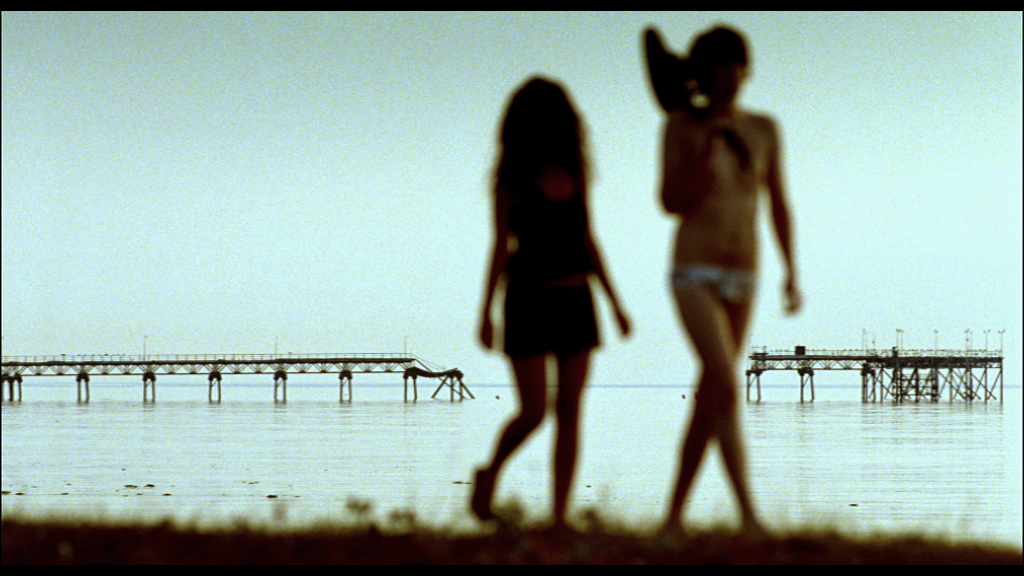WATCH MOON LAKE
The first impression of Moon Lake is an impression of beauty, the beauty that has long been deserted by “the sphere of art” to enrich the tourist industry. The beauty of a landscape, of a panoramic frame. But with each successive frame, this beauty becomes starker and gloomier, heavier and lighter at the same time: more and more meaningless. Here beauty is a beginning – not just of horror but just a beginning, a natural element: a “natural” force with no subject, no eyes.
The film is “esthetical” but only at first sight: sight is excluded from it. There is no subject, no eyes to which the world is presented. The world is not present. It is completely of the past. What happens to the contingent gaze of the contingent personages drifting amidst the landscape is the passing of what has already passed.
Boyan Manchev – AFTER THE END OF THE WORLD

In Moon Lake, the mythological, the poetic, the cosmic, the musical, and the visual layers constitute a complex language that clarifies and obscures, literalizes and implies, and, in all this, reduplicates. The plot is redoubled; Orpheus and Eurydice are redoubled; the bicycle is two-seated; Orpheus is redoubled in Eurydice, while Eurydice is redoubled in the double mirrors in a black and in a red dress; Orpheus splits into a man and a woman; even inscriptions such as “Orpheus” on the guitar and Plato’s Republic are double; there are the reduplicating frames of the death amidst the white sand. Besides the pair Karl and Marx (apart from Orpheus and Eurydice, they are the only named characters in the film), there is another pair of twins, which proves that, with the unlocking of time, more and more real doubles appear. The second couple of twins are the guardians at the entrance of the Moon Lake ship, which bears the sign “No entry.” Doubles punctuate the flow of events in Moon Lake through their recursive optic. Their reduplicating appearance connects and reduplicates the perspectives of the beginning and of the end, and so, when the end of the film comes, it does not poonresuppose an end but a turning of the gaze back. The gaze into the abyss, the gaze of Orpheus toward Eurydice, is the gaze of the author at Moon Lake – a gesture that has to cut the tape off. It amounts to taking the radical risk of discontinuing the shooting and looking back in order to solidify what has been seen and turn it into an oeuvre. In the end of the film, a man cuts into pieces the rusty Moon Lake ship, relaxes and lies down to sleep in the middle of nothingness, and just before closing his eyes he opens them again, he blinks, and he sees.
Kamelia Spassova, Maria Kalinova – THE POINT OF THE GAZE: DOUBLES